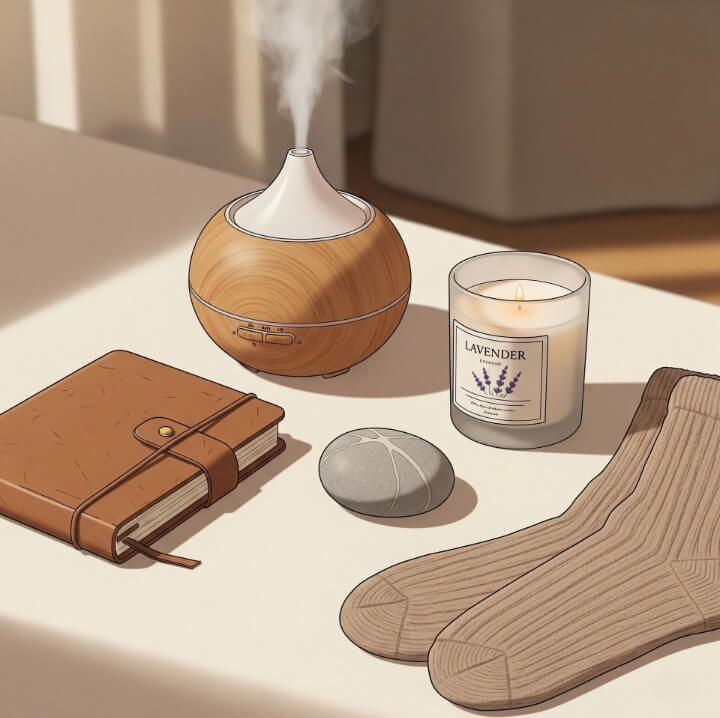
Your Personal Oasis:
Building a Self-Care Toolkit for Mental Well-being
It's a fast-paced world, and the demands of daily life can often leave us feeling overwhelmed, stressed, and even anxious. In the midst of juggling work, relationships, and personal responsibilities, it's easy to push our mental well-being to the back burner. However, just as we service our cars and visit the doctor for physical ailments, our mental health requires regular attention and care. This is where a self-care toolkit comes in – a personalized collection of resources and strategies designed to support your emotional well-being, especially when you're navigating the challenging waters of balancing your responsibilities and experiencing mental health struggles.
